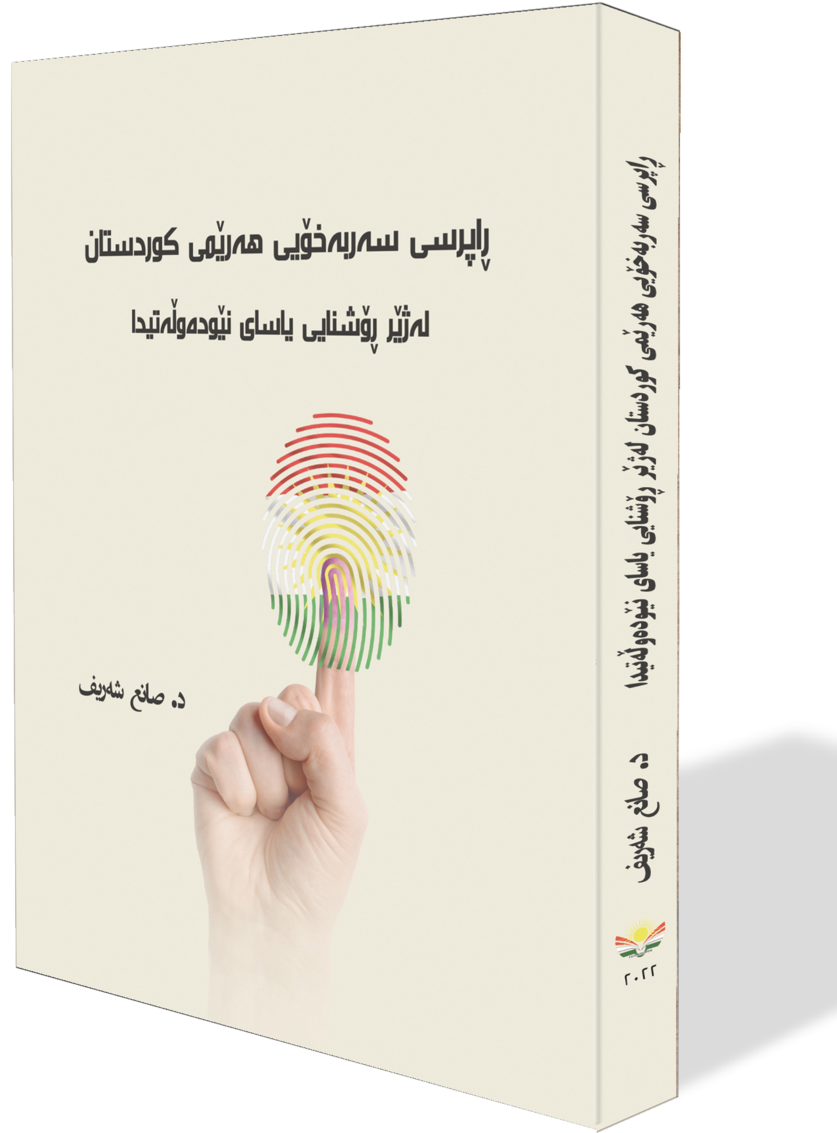Translate Content
Kurdistan Independence refrandeum

This book is divided into an introduction, four sections marked with dots, and a conclusion.
The first part of the book focuses on the principle of self-determination in international law, the history of the Kurdish people's struggle for this right, and the Iraqi constitutional law related to the federal system of government and the self-determination of Iraqi Kurdistan. It also explains how the Iraqi federal government governs, and includes four topics to highlight the importance of the book's research methodology and define practical terms and theoretical framework.
The second part of the book discusses the referendum as a tool to implement the principle of self-determination. It covers six topics, including the concept of the referendum, its principles, and its role in democracy. It also explores the sovereignty of referendums in international and constitutional law and the right to self-determination of the Iraqi Kurdistan Region.
The third part of the book delves into the history of the Kurdistan Region and the right to self-determination. It includes three topics: the political and social background of the Kurdish people in Iraq, the permanent Iraqi constitution of 2005, and the status of the Kurdistan Region.
The fourth part of the book examines the legality of the Kurdistan Regional Government's self-determination referendum. It comprises eight topics: the definition of the right to self-determination, the right to self-determination and occupation, international law and appropriate criteria for statehood from the perspective of international law, achieving sovereignty as an alternative to the implementation of the right to self-determination, an assessment of the legality of the Kurdistan Region's referendum on independence, and an evaluation of the Kurdistan Region's referendum in the light of the 2005 Iraqi permanent constitution.
Download (PDF) Read online


